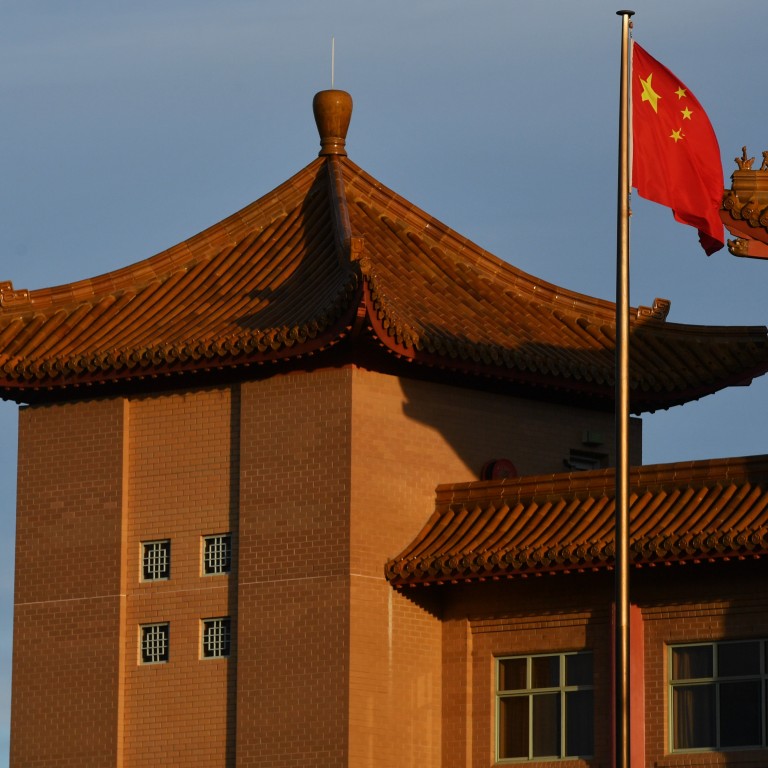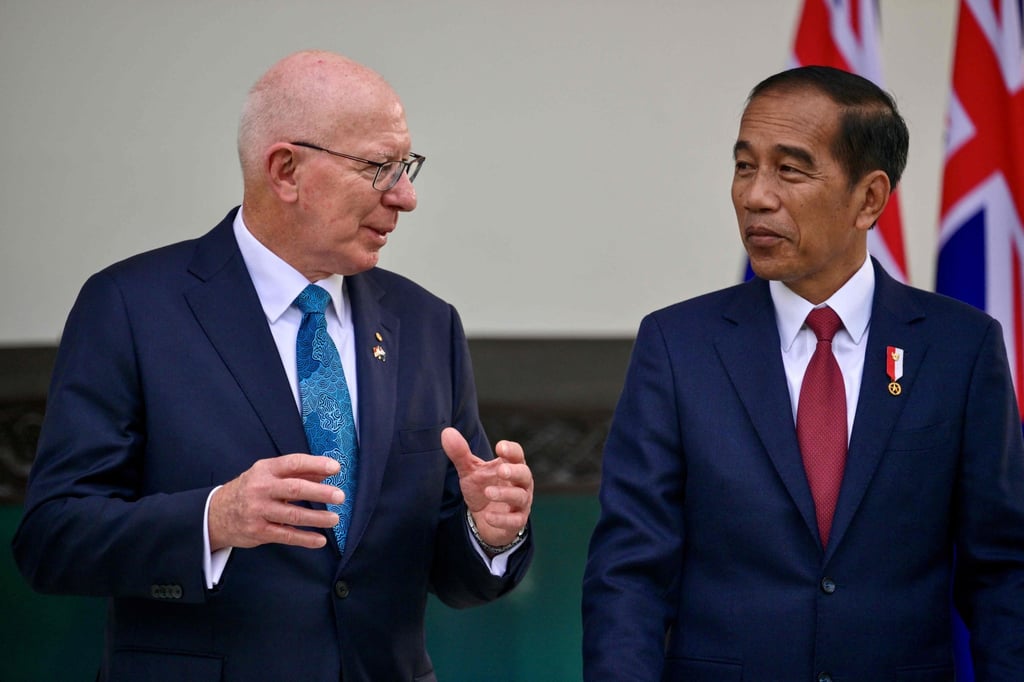
China a ‘best friend in Asia’ to more Australians but trust still ‘low’, as India also a concern: survey
- Threat perceptions remain ‘high’, with the public divided on whether to prioritise maintaining stability or deterring Beijing, the Lowy Institute poll shows
- Most Australians also view India’s human rights record as a top bilateral priority despite engagement in security dialogues such as Quad
While Japan, Singapore and Indonesia’s placings were unchanged from last year, the number of Australians viewing China favourably as an Asian best friend rose 4 percentage points to 11 per cent of those surveyed. Just over 2,000 Australians were surveyed for the poll in March.
The result improved on the record low of 6 per cent two years ago, but was markedly worse than in 2016, when 30 per cent felt China was a better “best friend” in Asia than Japan.

“Australians’ views on security, defence and alliances remain complex,” said Ryan Neelam, Director of the Lowy Institute’s Public Opinion and Foreign Policy Program.
“Many Australians remain wary towards China, despite re-engagement at the political level. Overall, trust in China remains low, and threat perceptions remain high. The public is roughly divided on whether Australia should prioritise maintaining stability or deterring China.”
After trade and investment, most Australians see India’s human rights record as a top bilateral priority, it added.

The low proportion of Australians trusting Indonesia to act responsibly at 52 per cent also stood out, as was the considerable proportion at 18 per cent who did not know who Indonesian President Joko Widodo was, experts at an official launch of the report in Sydney on Wednesday pointed out.
The “lack of familiarity on both sides” contributed to the low score, they said.
“[The] negativity that was previously there during periods where the bilateral relationship was more turbulent due to issues like the execution of Australians in Indonesia … caused Indonesia to be seen even more negatively than it really is. Now, it’s not so much a real negativity, just a lack of warmth,” said Susannah Patton, the director of the Southeast Asia Programme at the Lowy Institute.
“I think it just reflects the fact that we don’t have a huge amount of people-to-people exchanges, apart from people going on holiday in Bali.”
Richard McGregor, a senior fellow for East Asia at the Lowy Institute, said it was concerning that many Indonesians were still being denied visas to visit Australia.

With China, while fewer Australians say it is a military threat compared to last year, 71 per cent of those polled think it could be.
More Australians – 53 per cent of those polled – think of China as a greater security threat overall than an economic partner, according to the report, reflecting a similar result from last year. Forty-four per cent of those regard China as an economic partner.
Over the weekend in Singapore, China’s new defence minister Dong Jun told the high-profile defence summit, the Shangri-La Dialogue, that while Beijing was committed to a “peaceful reunification” with Taiwan, it would resolutely fight against the island’s independence forces.
He was concerned that some countries would attempt to “use Taiwan to contain China” and said Beijing would not tolerate any nation trying to create war or chaos in the Asia-Pacific region.

On Monday, when asked during a television interview whether China’s comments at the dialogue elevated the threat of a possible war, and if Canberra would participate in defending Taiwan against the mainland, Australian assistant defence minister Matt Thistlethwaite said “Australia wants to maintain peace and stability within the region”.
Despite this, an overwhelming number of Australians at 75 per cent of those polled said given the country’s alliance with the US, Australia could be drawn into a war in Asia that would not be in its interests.

